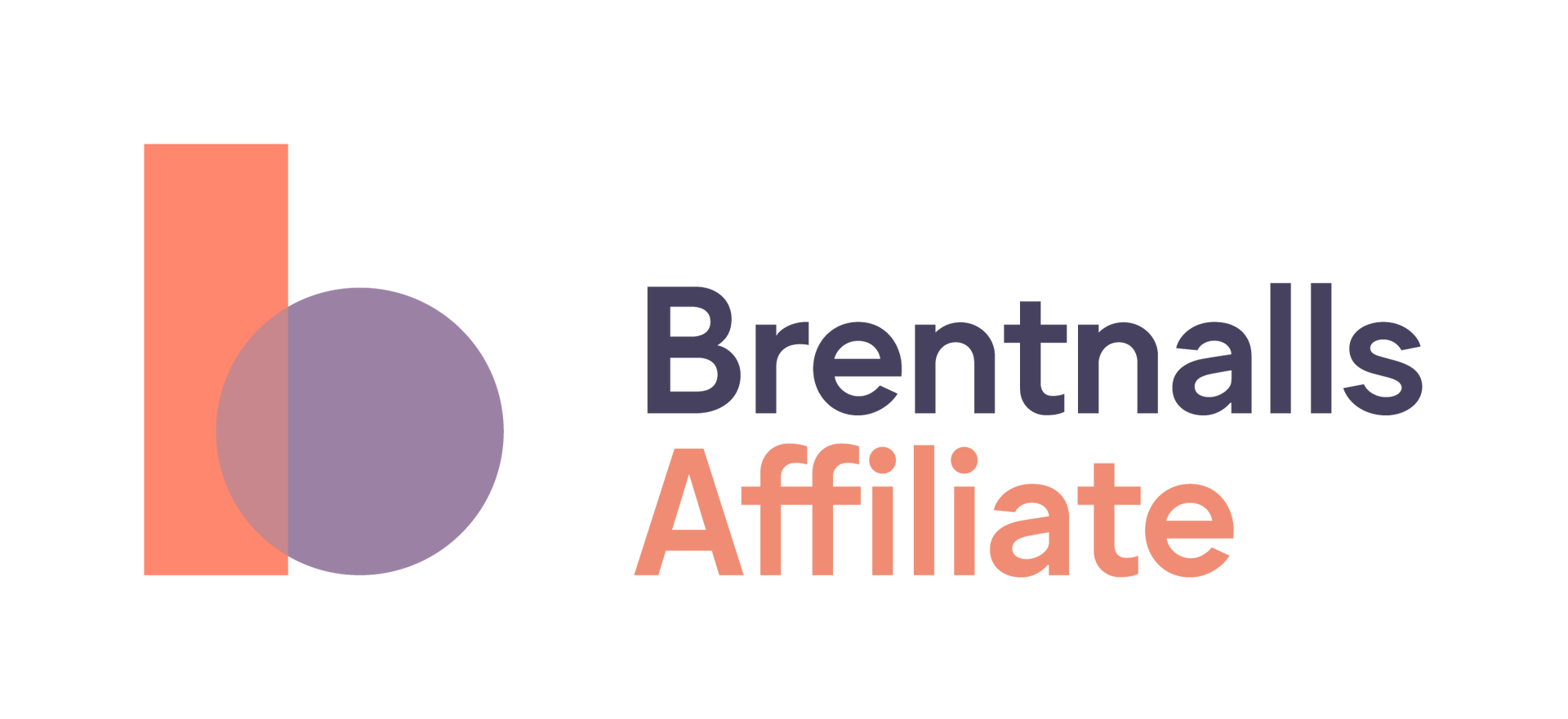News Articles

It is easy to think that the worst won’t happen and ignore the need to protect the very thing that generates our wealth: our health and ability to work. But if an accident or severe illness does occur, the impacts can be devastating.
Insurance is a vital consideration for all individuals and businesses
If you have a financial plan it should include a strategy to minimise risks jeopardising your present and future plans. In simple terms, if you cannot afford to lose something, you should try to protect your exposure. But, again, insurance can provide a cost-effective protection mechanism.
This may take a combination of personal, general and health insurance policies. There are many different aspects to insurance, and it is best to tailor a package that suits your needs as well as your budget.
The following provides a brief description of some of the critical personal insurance products available to you:
- Life Insurance
- Total & Permanent Disablement (TPD) Insurance
- Trauma Insurance
- Income Protection Insurance
- Private Health Insurance
- Tax Audit Insurance
- Partnership/Share Purchase Buy/Sell Insurance
- Difference Between Stepped & Level Premiums
- Using an Insurance Broker
- Annual Review Process
If you can't afford to lose something, make sure it's insured.
Personal Insurances
Life
Life cover can be used to provide and care for the finances of your family in an event of death.
Life policies provide a lump sum payment to the owner of the policy that could be your estate, your spouse or children, or a business partner, in the event of your death. A benefit may also be paid should you be diagnosed as terminally ill.
Total & Permanent Disablement (TPD)
TPD policies provide a lump sum payment if you become totally and permanently disabled. The meaning of total and permanent disability can vary and is defined in each policy document.
Some policies have an option allowing you to choose the types of total and permanent disability insured, such as "own occupation" or "any occupation".
An "own occupation" definition would pay a benefit if you become disabled in such a way that you are unable to perform your current role. An "any occupation" definition would only pay a benefit if you became disabled in such a way that you were unable to perform an occupation you were reasonably suited by education training or experience. A "home duties" definition would pay a benefit if it is unlikely you will ever again carry out normal household duties.
Trauma
Trauma policies provide a lump sum payment in the event of you being diagnosed with one of a specified range of critical illnesses or injuries. The list of conditions covered is often optional and varies between insurance providers as do the definitions of those conditions. Some trauma benefits are subject to a qualifying period.
The type of events covered by critical illness policies include heart attack, stroke, cancer, paraplegia, multiple sclerosis, chronic liver, lung and kidney disease.
Income Protection
Income protection provides you with a regular source of income should you be unable to work for a period of time due to sickness or injury. There are a number of options available relating to waiting periods and benefit periods.

Private Health
Private health is available for those who wish to cover the costs of becoming a private patient. Being a private patient means you have more control in choosing your treating doctor in hospital and, in some instances, can reduce your waiting time for elective surgery by having treatment in a private hospital.
Private health also offers cover for some or all of the costs of other services not covered by Medicare, such as ambulance services, dental, optical items, physiotherapy and a wide range of other services.
By taking out private health cover, you may also avoid paying the Medicare levy surcharge, depending on your income levels. The current Medicare levy surcharge ranges from 1.0% to 1.5% of taxable income.
Tax Audit
In recent years, there has been increased activity by the Australian Taxation Office (ATO) in audits, reviews and investigations into the various taxation obligations of taxpayers. In the event that you should be subject to an audit, review or investigation by the ATO or any other government agency, the costs incurred to attend to these matters can be significant.
Our firm has established an Audit Insure policy to financially protect clients, we use Accountancy insurances. The Audit Insure policy covers professional fees our firm incurs to assist you with the audit process, up to the ‘Shared Limit’ you select. If you would like to join our Audit Insure Policy, please
contact our office for more information.
Other Considerations
Difference Between Stepped and Level Premiums
An important consideration when dealing with some personal insurance policies is understanding the difference between stepped and level premium options.
Stepped premiums increase each year as you get older and the amount the premiums increase each year will depend on age. For example:
- Age 20 - 30: little if any increase each year
- Age 30 - 40: average 6% increase each year
- Age 40 - 50: average 8% increase each year
- Age 50 - 60: average 11% increase each year
- Above age 60: average 15% increase each year
Please note the above is a general guide only in regard to the annual increases. The actual increases will vary depending upon the insurance provider who takes into account a range of factors when determining the increases.
Consequently, as you get older, premiums can be relatively high. An alternative to avoid these high premiums is level premiums. Level premiums are where the premium will remain constant up to age 65. So long as the cover remains constant. Level premiums may be higher earlier in the policy's lifecycle, but they can generally be significantly cheaper over the longer term.
Partnership/Share Purchase Buy/Sell
A partnership or company is a team effort, requiring commitment and determination. In a continually changing economic environment, the one constant factor in the success of a business is the knowledge and expertise of its co-owners; without them, the future of the business is at risk.
Many people have not truly considered what would happen to their business interests if their partner or co-owner could no longer work because of illness or death. In many cases, such a tragedy would mean sharing the business with the relatives or heirs of your co-owners.
If your family would be likely to sell your share in the business in the event of your death or disability, or you would like to purchase your business partner's share of the company in the event of their death or disability. Moreover, it's essential that you have a buy/sell agreement in place.
Death and disability life insurance is a way of funding these buy-out arrangements that are documented by the buy/sell agreement.
Insurance Broker
As demonstrated by the above commentary, there are many insurance covers to which you should give consideration.
Most people will not have the necessary experience to be able to effectively decide what type of covers are required for their particular circumstances.
Consideration should be given when appointing an experienced insurance broker; we can assist you here.
Many people have not truly considered what would happen to their business interests if their partner or co-owner could no longer work because of illness or death.
Annual Insurance Review
A sound insurance strategy includes the need to have an annual review with your broker and financial advisor.
Allowing you to review your circumstances to make sure your insurance broker is aware of any significant changes that may impact your insurance cover.
Discuss Further?
If you would like to discuss, please get in touch.
Disclaimer
The information provided in this article does not constitute advice. The information is of a general nature only and does not take into account your individual situation. It should not be used, relied upon, or treated as a substitute for specific professional advice. We recommend that you contact Brentnalls SA before making any decision to discuss your particular requirements or circumstances.







